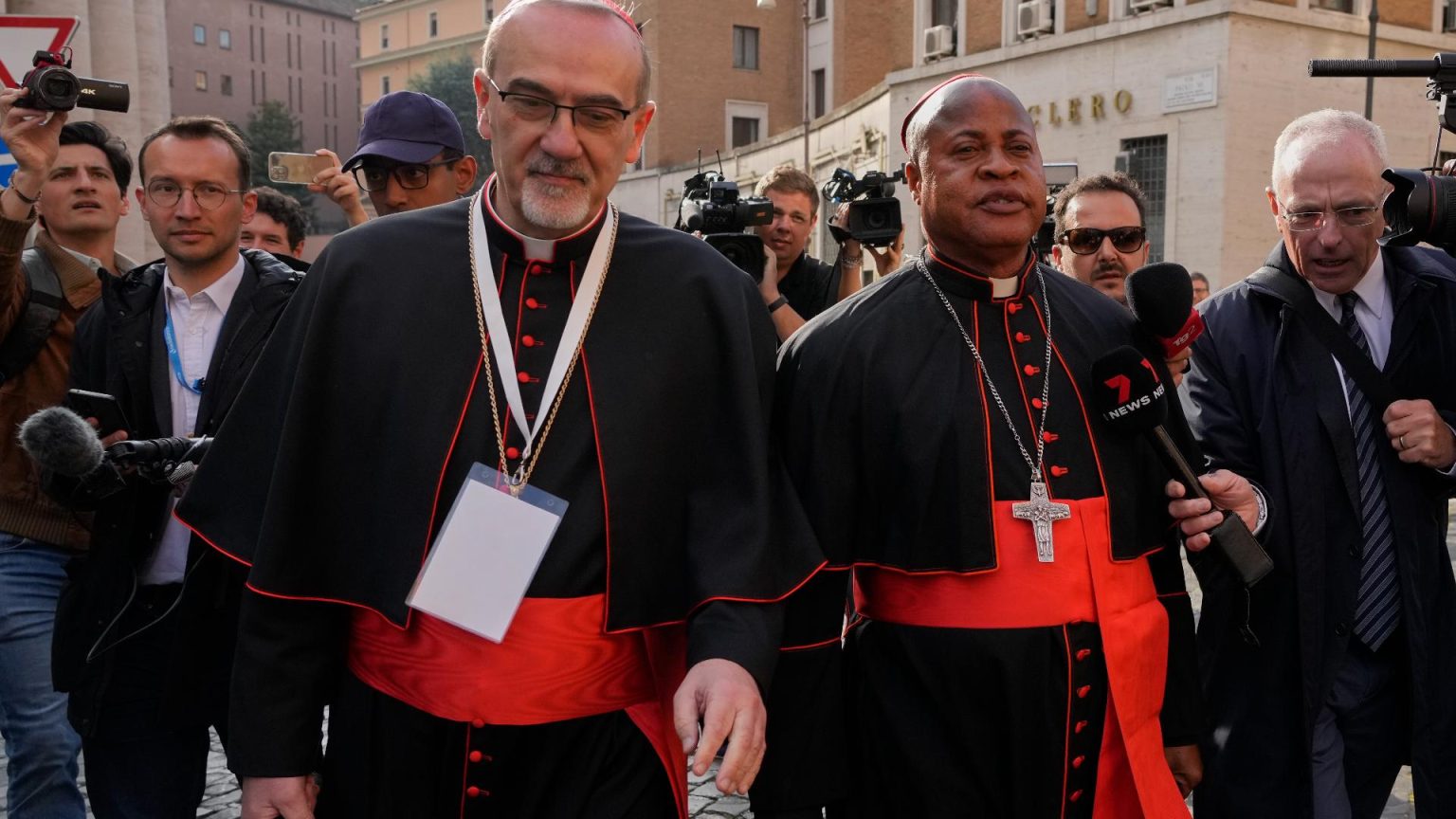In a significant development for the Roman Catholic Church, the Vatican has announced that a conclave to elect a new pope will commence on May 7.
The announcement comes after the late Pope Francis, the first Latin American catholic leader who led the church for 12 years, was buried on Friday, five days after he died.
The New Daily Prime reported that Francis died on April 21 at the age of 88.
The decision was made during a private meeting of the cardinals held at the Vatican on Monday.
The upcoming conclave is set to be a pivotal moment for the Church, with a total of 135 cardinals from around the world eligible to participate in the secret voting process.
These cardinals, all under the age of 80, will gather to determine the next leader of the 1.4 billion-member global Catholic community.
The Vatican has already taken steps to prepare for this important event, having closed the Sistine Chapel, the traditional venue for the conclave, to facilitate necessary arrangements.
Pope: The voting process
This year’s conclave marks an increase in participation compared to previous electoral gatherings. Notably, only 115 cardinals participated in the conclaves of 2005 and 2013, which elected Popes Benedict XVI and Francis, respectively.
The current composition of electors reflects Pope Francis’s efforts to enhance global representation within the Church. Approximately 80 per cent of the cardinals eligible to vote were appointed by Francis during his papacy, indicating a significant influence on the direction in which the Church may head.
Geographically, the distribution of the voting cardinals reveals a diverse representation. Europe continues to hold the largest voting bloc, with 53 electors.
Following Europe are Asia and Oceania, contributing 27 cardinals, while South and Central America provide 21. Africa is represented by 18 electors, and North America has 16.
This broad geographical diversity among the electors is expected to impact the selection of the new pope, as different cultural perspectives and priorities come into play.
The conclave represents not only a transition in leadership but also a time for reflection within the Church. Pope Francis’s legacy, known for his progressive views and emphasis on social justice, will undoubtedly shape the discussions and decisions made during this period.
The new pope will inherit a Church facing numerous challenges, including issues of secularism, sexual abuse scandals, and the need for greater inclusivity.
As the world watches closely, the upcoming conclave will be scrutinised not only for its outcome but also for the process itself.
The secrecy of the voting and the rituals involved in the conclave have long fascinated the public, providing a glimpse into the inner workings of one of the oldest institutions in the world.
The cardinals will deliberate and vote in a process that may take several days, with the potential for multiple rounds of voting before a successor to Pope Francis is chosen.
The Vatican is poised for a momentous conclave that will shape the future of the Catholic Church. As the date approaches, anticipation builds among the faithful and observers alike.
The selection of a new pope is not merely a change in leadership but a reflection of the Church’s evolving mission in the modern world.
The decisions made in the coming days will resonate far beyond the Vatican, impacting millions of Catholics and the broader global community.



